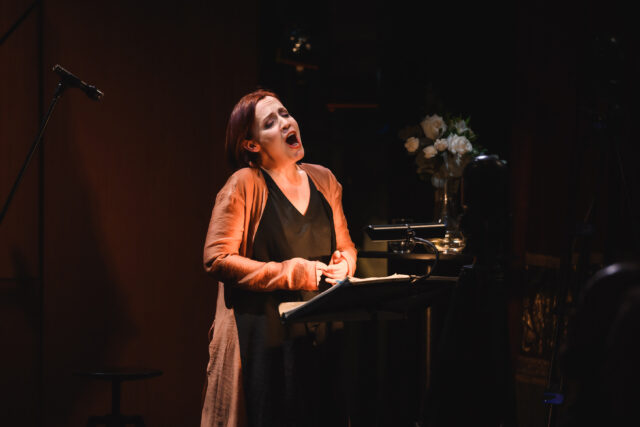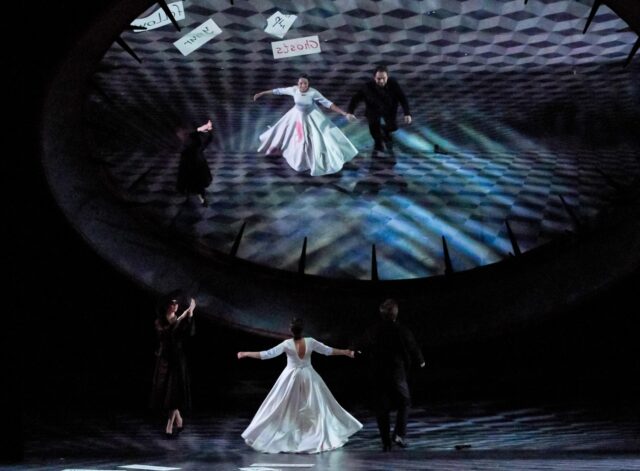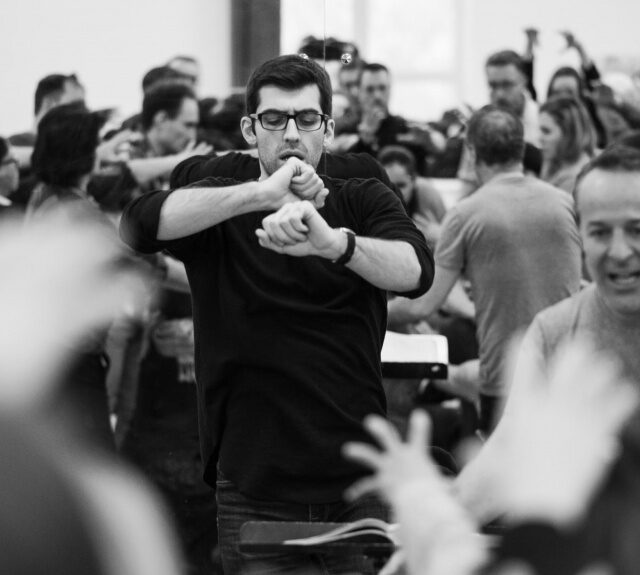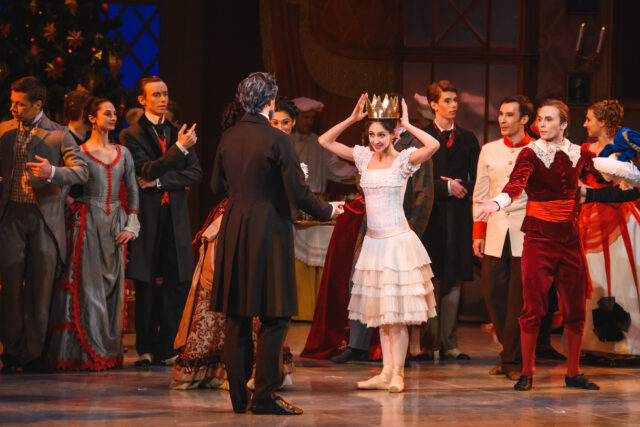The musicAeterna orchestra of the Perm Opera and Ballet Theatre under the direction of Teodor Currentzis will be performing at the internationally renowned festival of art Ruhrtriennale, which has taken place annually in Germany since 1999.

On the 5th and 6th October in the Jahrhunderthalle in Bochum the orchestra under the direction of Teodor Currentzis will perform the music from Igor Stravinsky’s ballet The Rite of Spring, and also a new composition by Russian composer Dmitry Kurlandsky, The Riot of Spring. The concert will be in celebration of the one hundred year anniversary of Stravinsky’s most famous composition.
The premiere of The Rite of Spring took place in 1913 in the Paris Théâtre Champs-Élysées. The audience was appalled by the music and booed the performers off the stage. But it was just a year later that The Rite of Spring received high acclaim at another Paris theatre, the Casino de Paris. Today The Rite of Spring is considered one of the most important ballet works of the 20th century. Many great choreographers have set the ballet, including Mary Wigman, Martha Graham, Maurice Bejart and Pina Bausch.
Teodor Currentzis, Artistic Director Perm Opera and Ballet Theatre:
«The Rite of Spring» Russia’s response to Western Civilization. It is a concentration of modernism, a unique invention by Igor Stravinsky. He and Diaghilev realised that it was Russia, and by extension Oriental cultures, that could provide modernism in its truest form to the West., In fact, the customs of babushkis are in a sense more modern than the trends that form in European centres of culture. Stravinsky showed an alternatove path to modernism. His «The Rite of Spring» can be seen as zero on the axis of a graph of modernism — the starting point.
My personal statement concerning this music is that we should peel off the layers of academic sound which orchestras of the 20th century have wrapped around «The Rite of Spring». Ideally, the music of «The Rite…» must sound as if performed by qawwal musicians or by small nationalities of the Urals. We must, urgently, reintroduce improvisation and liberation into this music.
Contemporary audiences have already become accustomed to «The Rite of Spring» and its music doesn’t provoke the degree of astonishment experienced by the first spectators. In order to revive the initial effect we are accompanying the piece with a new work composed by Dmitry Kurlyandsky — The Riot of Spring. His work derives its strength from drum &bass, and escapes the academic fate that has befallen Stravinsky’s «Rite…»
While performing «The Rite of Spring», a musician essentially stops being himself and transforms into another entity — I would say, into Dionysus. This transformation leads to a condition which can cause shock and even panic. This is the only way to sensitise the audience to the right perception of Stravinsky. Our project steps forward against politicians and state authority. Music is destined to sound against the appalling world of politics. It doesn’t vote for anybody — it is against everybody. Spring is a period of revolution. Revolution is a goal in itself. Its fundamental objective is to vitalise the immune system of humankind.



